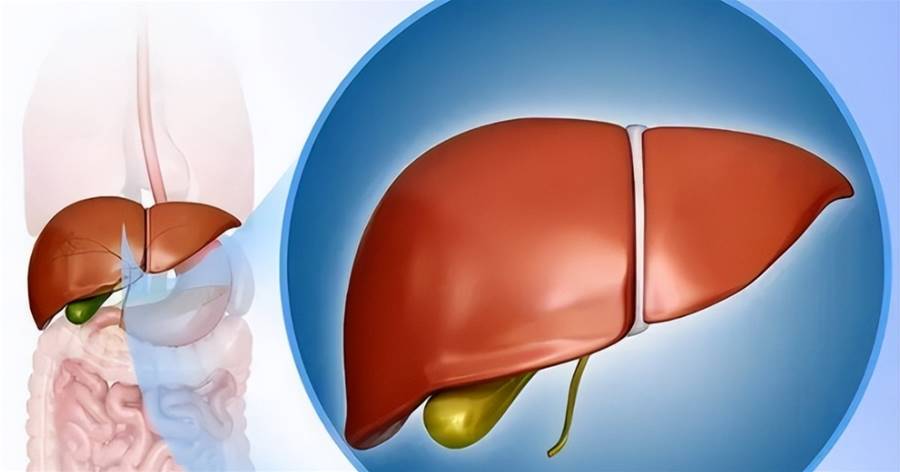
Early Detection of Liver Cancer: 3 Abnormalities to Look Out for
1. Clay-colored Stool: When the liver is damaged, bilirubin, which gives stool its normal color, cannot enter the intestines. This can result in clay-colored stool. If accompanied by symptoms such as yellowing of the face and abdominal discomfort, it is essential to seek medical attention for liver and gallbladder abnormalities.

2. Yellow-Green Urine: If the change in urine color cannot be explained by medication, it might be a sign of obstructive jaundice, hepatic jaundice, or liver cancer. Prompt medical consultation is advised to avoid delays in diagnosis.
3. Black Stool: Passing black stool without any apparent cause may indicate bleeding from liver cirrhosis, gastrointestinal ulcers, or stomach cancer. It is crucial to seek timely medical evaluation.

Subtitle: Protecting Your Liver: 4 Habits to Watch Out For
1. Lack of Sleep: Chronic sleep deprivation can impair blood supply to liver cells, increasing the risk of liver damage and affecting liver function.
2. Frequent Anger: Studies show that individuals who experience frequent anger have an eightfold higher risk of liver disease.
Chronic anger can lead to liver qi stagnation, contributing to liver damage.
3. Excessive Alcohol Consumption: Alcohol needs to be metabolized by the liver. It is advisable to drink in moderation and undergo regular liver function tests.
4. Improper Medication Use: All medications undergo liver metabolism. Therefore, it is important to avoid self-medication and consult a healthcare professional.

To protect the liver, regular exercise is recommended. Additionally, a balanced and nutritious diet, including foods rich in protein, unsaturated fatty acids, and fiber, while maintaining a healthy weight, can help promote liver health.



















